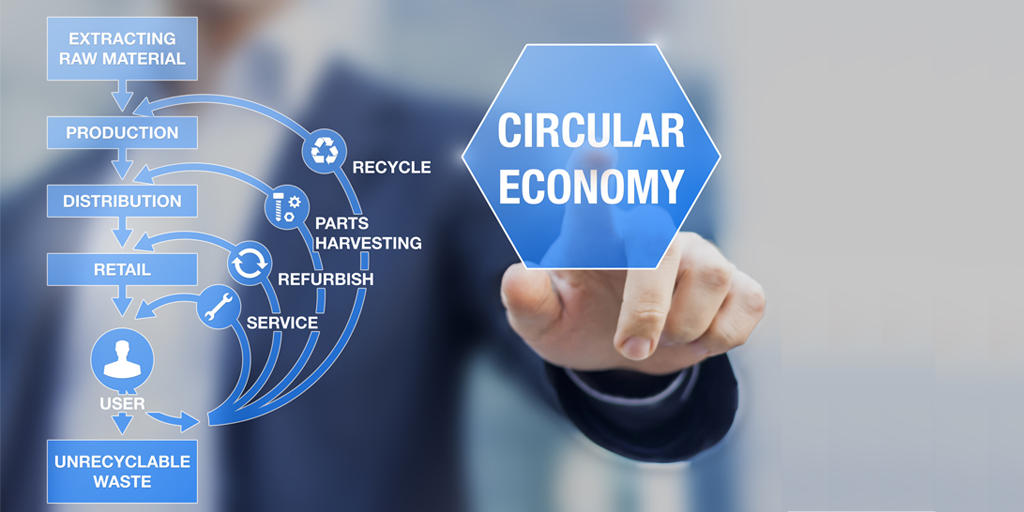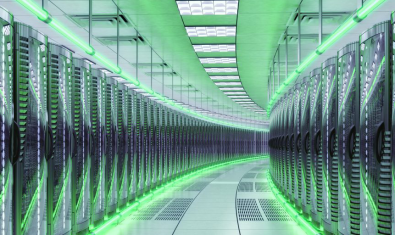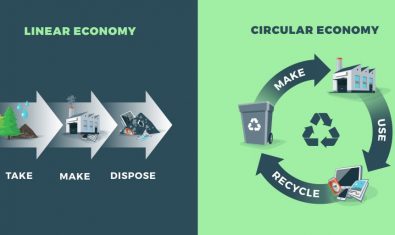How the Circular Economy Affects IT Asset Disposition and IT Sustainability

Sean Sheehan, Wisetek CEO, explains how the Circular Economy affects IT Asset Disposition and IT Sustainability.
Almost 100 years’ ago, the term ‘planned obsolescence’ was coined to describe how manufacturers built products with an artificially limited useful life so that they become unfashionable or no longer functional, thus forcing the consumer to replace the item.
Back then, the term was leveled at the car industry during a period when sales were falling. Nowadays, technology has ushered in a whole new era of planned obsolescence, though it’s not necessarily described as such.
Instead, we talk about necessary ‘Upgrades’ to products which ultimately force us to buy new versions of existing items for fear of missing out from small benefits or running out of support. And then there’s the concept that certain items have a natural ‘End of Life’ as though they are not products, but living, breathing things.



